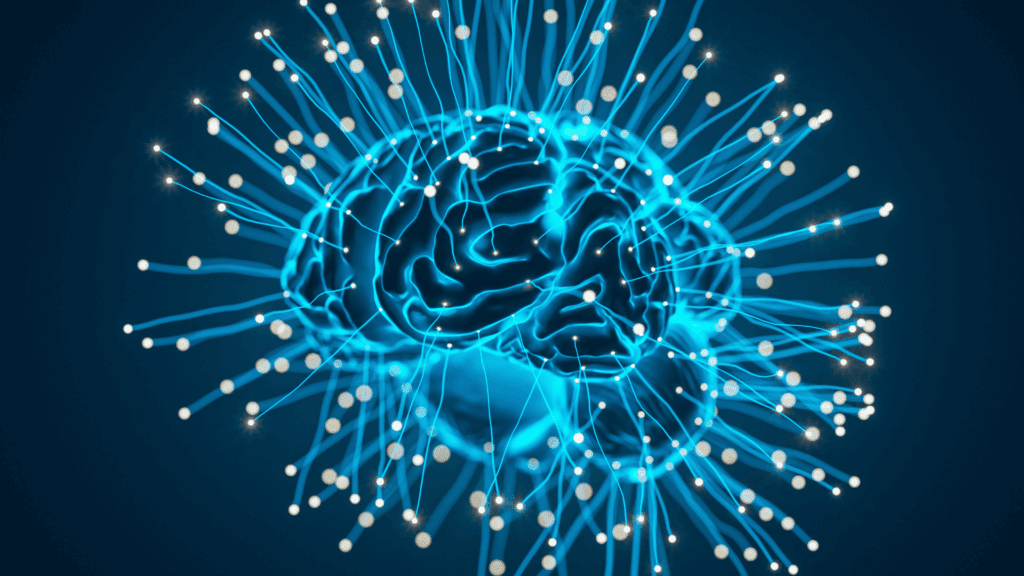Brain Regions and Cognitive Biases: Unraveling the Connection
Brain regions and cognitive biases are two intertwined concepts in the vast field of neuroscience. Cognitive biases, which are systematic patterns of deviation from norm or rationality in judgment, often find their roots in specific regions of the brain. By understanding the intricate relationship between these brain regions and cognitive biases, we can gain a deeper insight into why humans think and behave the way they do.
This perspective also reminds us that biases are not simply “errors” in judgment but reflections of how the brain balances speed, efficiency, and survival in complex environments. In practical terms, this means that our brain often takes shortcuts, known as heuristics, which save time but can also distort accuracy. These shortcuts, while useful in everyday life, sometimes lock us into rigid ways of thinking that influence decisions in subtle yet powerful ways.

The Influence of Specific Brain Regions on Cognitive Biases
Different brain regions play distinct roles in our cognitive processes. For instance, the amygdala, often associated with emotions, can influence biases related to fear or threat perception. Similarly, the prefrontal cortex, responsible for executive functions, can play a role in biases related to decision-making and judgment.
The hippocampus, which regulates memory, also shapes how we recall information—sometimes selectively—contributing to hindsight bias or distorted recollections. Meanwhile, the anterior cingulate cortex is involved in conflict monitoring, which helps us recognize when information does not align with expectations, but it can also reinforce biases when discomfort pushes us toward easier, less rational conclusions.
By studying the functions of these and other brain regions, we can begin to map out the neural origins of various cognitive biases. This mapping is crucial, because it reveals how different areas of the brain do not work in isolation but in networks, meaning that many biases are the result of overlapping processes rather than a single “bias center.”

Cognitive Biases: A Result of Brain Regions at Play
Cognitive biases are not mere flaws in our thinking but are evolutionary adaptations that once served a purpose. For example, the confirmation bias, where individuals tend to seek out information that confirms their pre-existing beliefs, can be linked to the brain’s reward system, specifically regions like the ventral striatum. This bias may have helped our ancestors conserve energy by reducing the need to constantly reevaluate long-held beliefs.
Similarly, negativity bias—our tendency to give more weight to negative information—can be tied to heightened amygdala activity, which historically kept humans alert to threats. Recognizing the connection between brain regions and cognitive biases allows us to appreciate the complexity of human cognition and the factors that shape our perceptions and beliefs. For instance, optimism bias, where we overestimate the likelihood of positive outcomes, involves dopamine-rich pathways in the prefrontal cortex and striatum, showing how neurochemistry also reinforces cognitive tendencies.
By seeing biases as interconnected with survival mechanisms, we gain a more compassionate understanding of why they persist, even when they conflict with rational decision-making.
In conclusion, the intricate dance between brain regions and cognitive biases offers a fascinating glimpse into the neural underpinnings of human thought processes. As neuroscience continues to advance, our understanding of these connections will only deepen, shedding light on the mysteries of the human mind.
This growing knowledge not only helps explain why biases exist but also opens doors to strategies for reducing their impact. By applying insights from neuroscience to fields like education, leadership, and coaching, individuals can become more aware of their own biases and develop methods to counteract them. In doing so, we move closer to decisions that are not only more rational but also more empathetic and inclusive—reflecting the full potential of the human brain when it understands itself.













